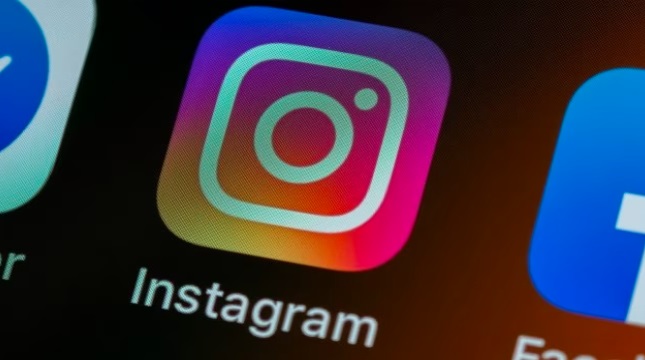Online platforms such as Facebook and Instagram have become important channels for fraudsters to distribute dubious loan apps to users because they allow them to market such apps for a fee and only remove them when flagged by users.
The Centre is considering legislative measures to prevent social media platforms such as Instagram, Facebook, and Instagram from hosting advertisements for fraudulent loan apps in an effort to reduce their distribution on the Internet, a top government official said on Tuesday.
“We will amend the existing Information Technology Rules to prohibit intermediaries from hosting advertisements for fake loan apps,” Rajeev Chandrasekhar, Minister of State for Electronics and IT, told reporters. Once the changes are in place, platforms may lose their legal immunity for hosting such advertisements. However, the amendments may not take effect before the General Elections later this year.
Online platforms such as Facebook and Instagram have become important channels for fraudsters to distribute dubious loan apps to users because they allow them to market such apps for a fee and only remove them when flagged by users.
The IT Ministry warned social media platforms last month to take “additional measures” to make sure they don’t host advertisements for phony loan apps. The platform/intermediary in question will be solely responsible for any “consequences” that may arise.
At the time of releasing the advisory, Chandrasekhar had stated, “The IT Ministry has been discussing the issue with the Reserve Bank of India for several months, but we have recently intensified our effort to find a solution to this problem.” Since an advice is not legally binding, the government is preparing to enact specific laws to compel the platforms to do more research before accepting these kinds of advertisements.
Over time, dishonest businesses have proliferated due to the quick expansion of digital lending. Industry insiders estimated that the illegal lending market might be worth between $700 and 800 million, despite the lack of official estimates. Since 2020, The Indian Express has documented about a dozen cases in which people who fell victim to illicit loan applications may have committed suicide.
This paper spoke with a variety of stakeholders, including borrowers, fintech intermediaries, government officials, large tech companies, and former RBI officials, as part of a months-long investigation into questionable lending apps.
Many victims who were targeted by these apps pointed to a common story: online platforms don’t do enough due diligence and allow scammers to openly promote predatory loan apps because there are no government or regulatory standards in place. Despite promises from the government, the Reserve Bank of India at the time did not even have an updated negative list or a white list of registered loan apps.
RBI Governor Shaktikanta Das stated earlier this month that the Center has received a whitelist of lending apps from the regulator.
As part of the general changes to the IT Rules, the IT Ministry is also thinking about making it illegal to platform deepfakes—deceptive material created by artificial intelligence—on the Internet. Additionally, it might establish guidelines for controlling bias in the algorithms used by online businesses to power their platforms.
Given Below are Some Adaptive Features of Meta’s Facebook |












